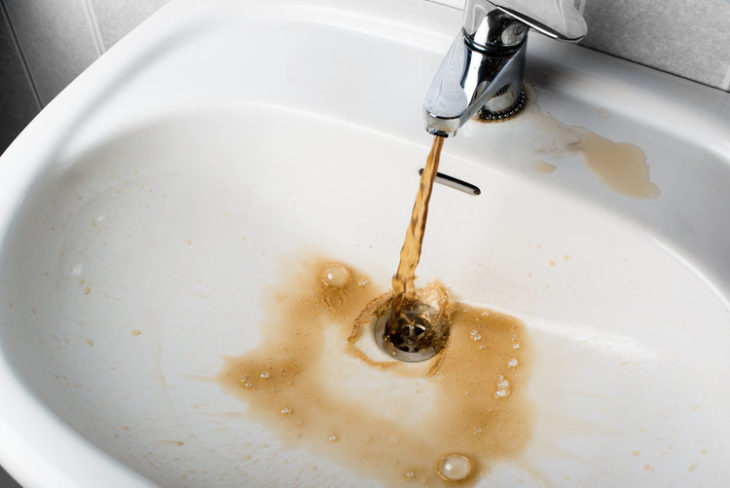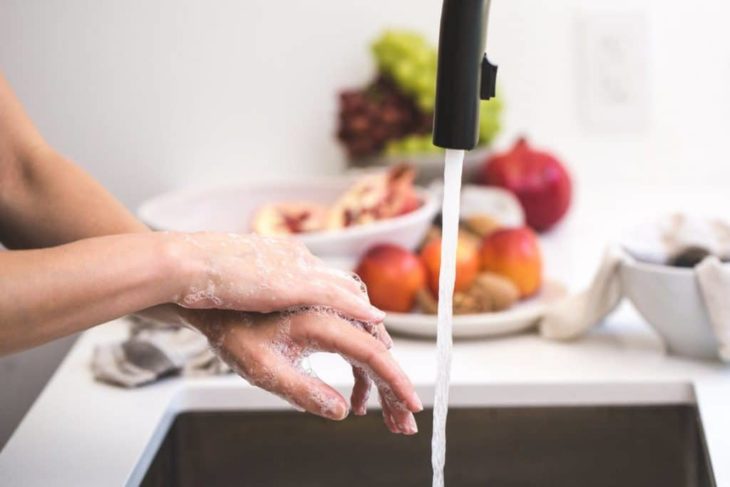Suspect your tap water is contaminated, but not sure how or by what? You might be surprised at the lack of clean drinking options in the US, but purification systems have become necessary for many households.
Among the 63 million Americans without reliable access to clean drinking water, many live within close proximity to some of our wealthiest urban centers. Industrial waste and increasing ecological threats have also increased the need for on-demand water filtration.
Here are 3 sure signs that your tap water is contaminated:
Does Your Tap Water Smell Funny?

Source: Safeway Water
A sure sign of contaminated tap water is the smell of rotten eggs! If you sniff a glass and notice this pungent odor, this is an indicator of high levels of sulphur, or hydrogen sulfide.
While hydrogen sulfide is unpleasant, it’s still safe to consume, wash and bathe in. The cause, however, could be a few reasons:
- Your heater may be the source of the problem if you notice the smell while using hot water only. Trusted sites are great resources can help consumers find the best heaters and filtration systems for whole house or point of use.
- If you notice both hot and cold water smell like sulphur, there may be a problem with your well or municipal service. To test your water for sulfides, Purchase a test kit at any hardware store or department store, or contact a plumber to conduct a test of your drinking supply.
- A softener you are already using may be the cause. There could be a problem with a corroded plumbing fixture. Contact a plumber to conduct a test on your water treatment and plumbing.
Are Your Sinks, Bathtubs, and Laundry Stained/Discolored?

Source: Business Insider
You may notice an unsightly, off-color ring around your bathtub and sinks. You might also notice that your laundry comes out faded and whites are discolored in the same manner as your sinks. All this is a sign that your tap water is contaminated.
Microscopic calcium and magnesium residue left behind is likely the cause, resulting in hard water. There are significant health risks associated with hard water. Inform your doctor if you have been consuming it and consider a dispenser as an alternative source of clean drinking water on demand.
Maybe your old hard water softener isn’t doing the job like it used to? Newer models offer more effective treatment solutions, especially for homes that live near areas that are prone to hard water issues. Click here to see some of the latest water softeners on the market that you could be using in your home.
Does Your Soap Lather Poorly?

Source: BestSeekers
No matter how much detergent, shampoo or soap you use, there seems to be very little lather. A thin layer of film coats your soap bars as well as your hair, even after a shower. Your glassware comes out of the dishwasher spotty, no matter how many times you rinse them.
These are sure signs that what you drink is contaminated with hard elements – magnesium and calcium. A point of use softener for single points of use like the kitchen or bathtub is an immediate solution, and less costly than a whole house treatment system.
